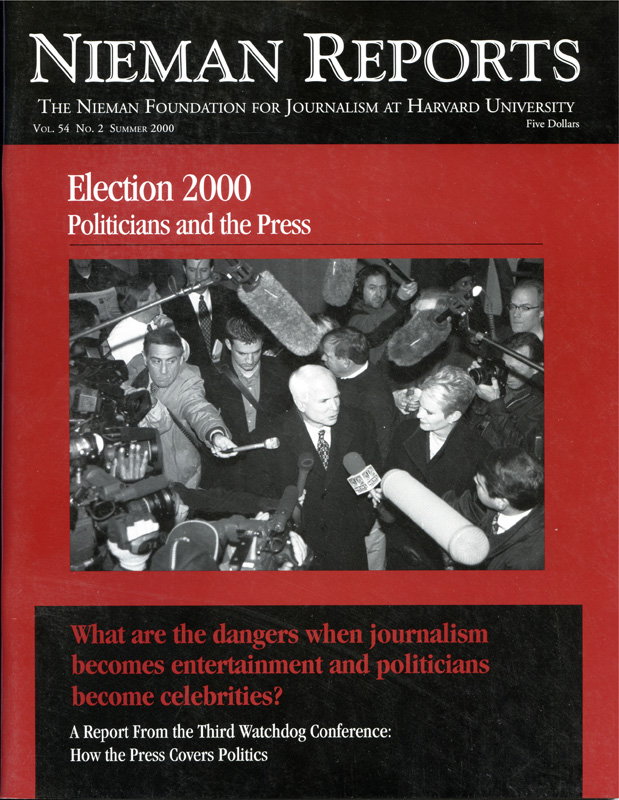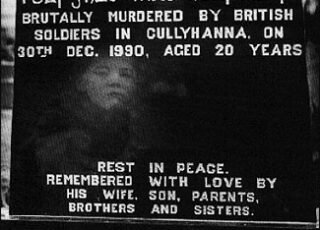ISSUE
Summer 2000

It’s the tendency to focus on the celebrity, the character, not serious character but personality traits of political figures that trivializes the political process. So the focus of this discussion will be on issues which might be overlooked or underreported in the 2000 campaigns. Issues like those that David Broder spoke of last May when he wrote in his column that it’s quite a trick for something to grow larger and at the same time become more invisible. Broder was talking about the health care issue then, but he might just as well have been talking about any one of a number of issues that loom ill-defined in the background of the campaign rhetoric that focuses on youthful indiscretions or political money.
– Nieman Curator Bill Kovach opening the political Watchdog Journalism conference
